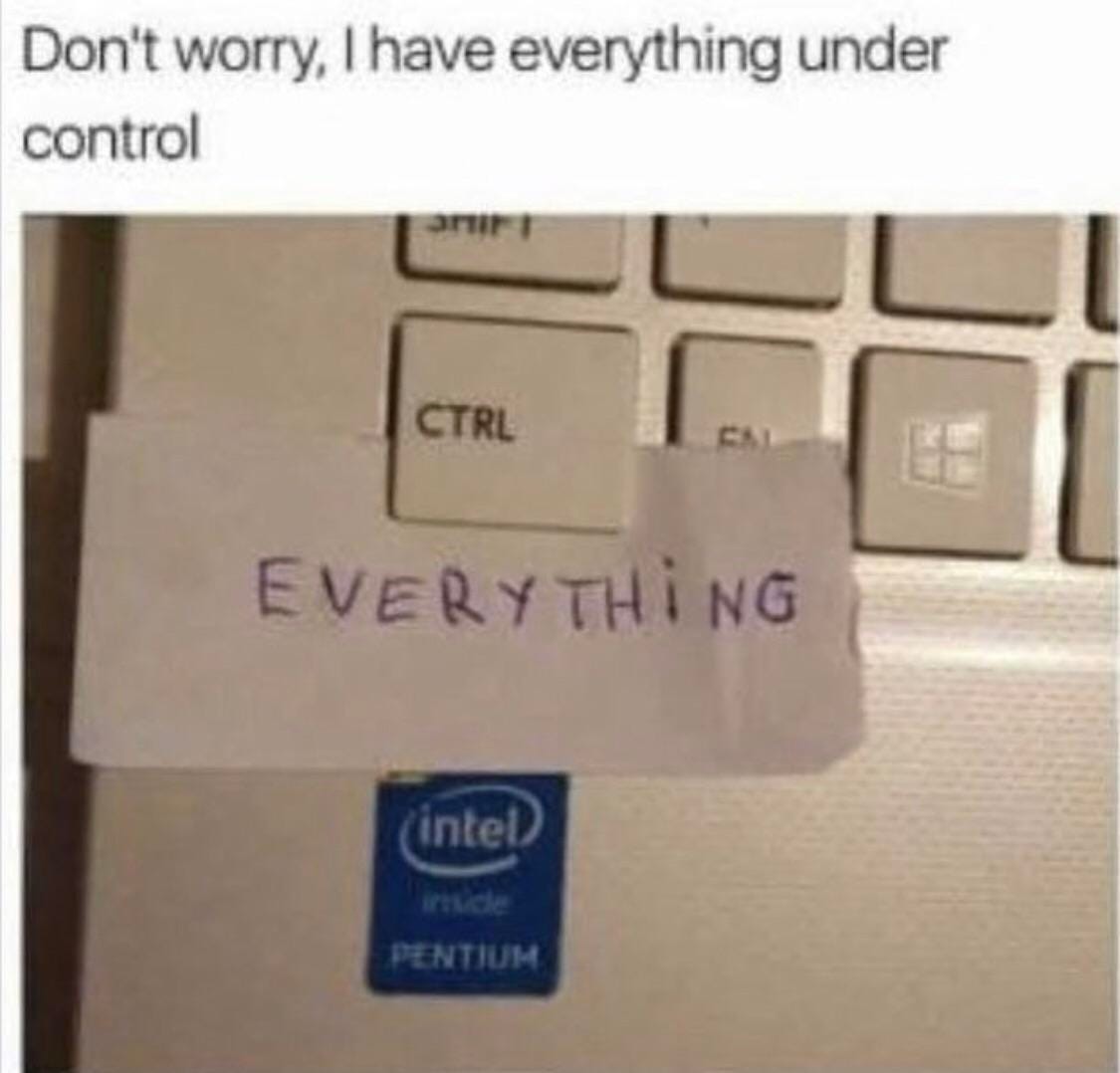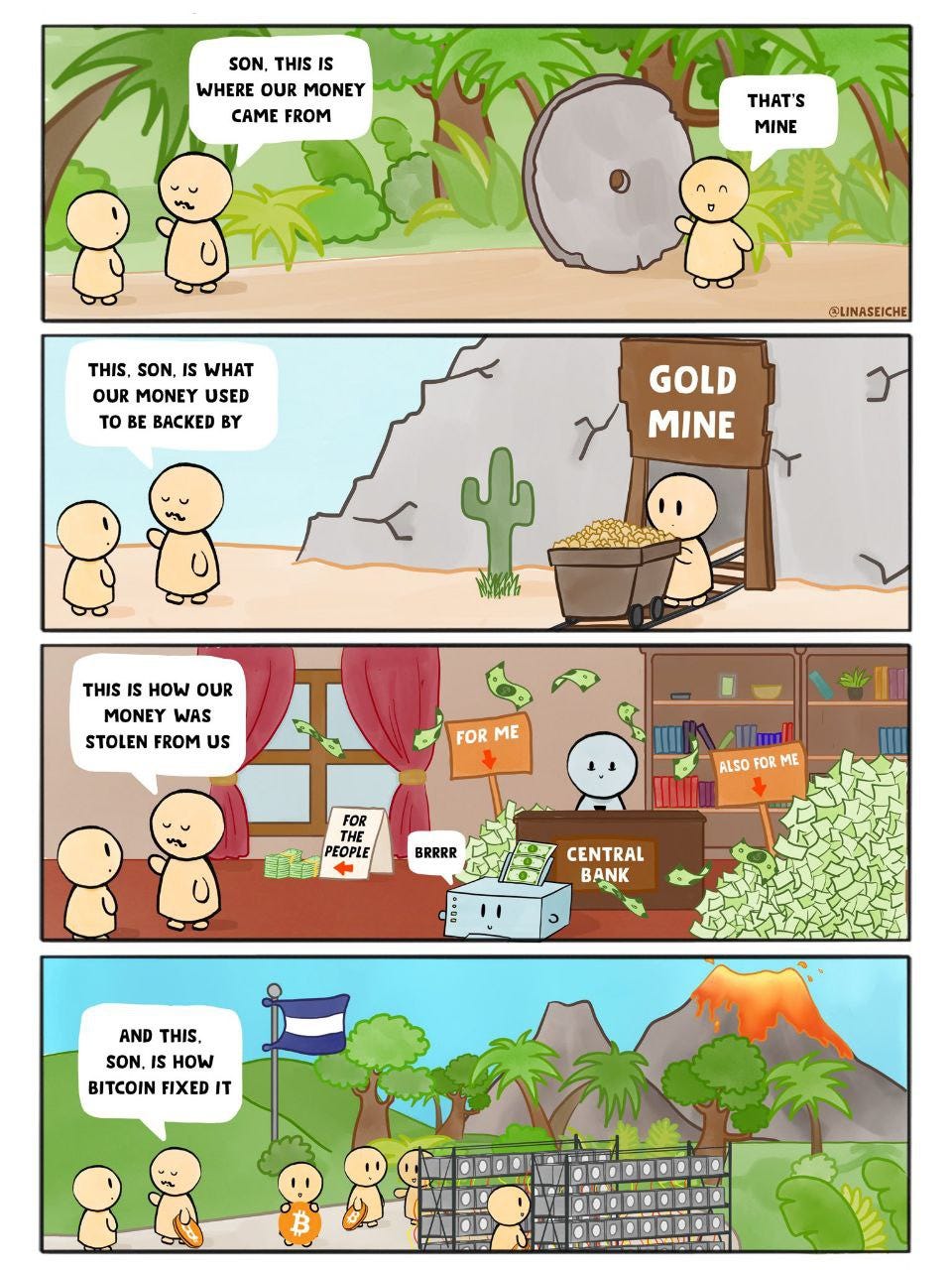Interesting Stuff
Shrinking Home - This is a long thought piece about how our realm of control keeps shrinking. As the article points out, at one point, we used to have the entire frontier where we could do as we pleased. Then it shrunk to our homes. Then it shrunk to our bodies, and now it's really only our minds. The piece brings together so much of what's been happening politically, and insightfully demonstrates that our locus of control has been shrinking over time. Fiat money is a societal cancer that feeds on our sovereignty.
History of Calories - The mantra of weight loss, dieting or even health has been for over a century "Calories In, Calories Out." The history of this line of thinking is explored in this article, along with its many shortcomings and the many ways in which it's been used politically for the benefit of the food companies. As the article shows, calories are a measurement of how much energy is released when something is burned, but our bodies aren't furnaces, and there's a lot more going on than this simplistic approach.
Registered Transfers Suck - This is a great examination of how brokerage transfers work, specifically what happens when you transfer your account from one institution to another, like, say, Vanguard to Fidelity. What's frightening is just how much trust is in the system, how much that gets abused and how it's largely solved through just accepting a certain amount of fraud. I found it surprising that there weren't more fraudulent activities, but in a sense, it's a reactive system as all centralized systems tend to be. Reading this makes me think that all these attempts at securitizing "on blockchain" are going to be in for a pretty messy time when fraud occurs.
NK Remote Workers - In one of the more interesting and unintended consequences of remote work, this story alleges that a bunch of North Koreans managed to get lucrative tech jobs in Fortune 500 companies. They apparently stole identities and did the work to make money for the regime. This is obviously a pretty extreme case, but this does make me question how hard an employer might work to validate that they have real employees. Could we see a lot more job sharing in the future? Particularly as companies demand political qualifications like DEI, this could lead to multiple people doing the same job, while sharing the income.
What I'm up to
Oslo Freedom Forum - After a really fun week in Seoul hanging with the Bitcoiners of east Asia, I’m now in Oslo for the annual meeting of freedom fighters around the world. As has been the last few years, Bitcoin is taking more of a role in this event and it’ll be great to get direct feedback from the very people that can most use its censorship-resistant capabilities.
BTC Prague - I will be at this very large conference in Europe for the first time next week. I’ll be moderating a panel on the attacks against Bitcoin development and also be signing some books! If you’re in Europe and haven’t gone to a conference yet, this is an excellent one to get your feet wet.
Thank God for Bitcoin - I will be going to this conference which I missed last year. It should be a good time and it’s generally the conference I feel the most at home in. If you’re a Christian Bitcoiner, I believe this to be the best conference to meet people that are like-minded.
Nostr Note of the Week
What I’m Promoting
Unchained Capital is a sponsor of this newsletter. I am an advisor and proud to be a part of a company that’s enhancing security for Bitcoin holders. If you need multisig, collaborative custody or bitcoin native financial services, learn more here.
Bitcoin
Crippled Hardware - Apparently, Bitmain's Antminers purposefully take longer to take longer templates, resulting in 25 seconds of empty block hashing. The main culprit seems to be the firmware, which is crippled for the buyers of Bitmain's products, but presumably not for Bitmain itself. The idea being that Bitmain's pool would be more profitable and would thus attract more mining power, giving it more control.
Harbor - This is a new desktop wallet building an ecash for Bitcoin. The main tradeoff here is that in exchange for having to trust the issuer, you get privacy (even from the issuer), speed and lower fees. As far as tradeoffs go, this is exactly what you’d want in low-to-mid tier purchases. The fact that it’s a desktop wallet speaks to the likelihood that the creators envision it being more of a mid-tier market, perhaps a bit more than lightning but less than on-chain.
Why no-KYC? - The government push for more “custodial” wallets and more surveillance around Bitcoin in general has a lot of people worried that most other people will do what’s convenient than what is good. As this points out, there are real benefits of non-KYC coins and is worth paying for. There will always be governments that try to sit in the middle and make you accept their intrusion, and resisting these attempts is an important part of our self-sovereignty.
Lightning
Clams - Finally! Accounting software for Bitcoin. This has been a giant pain, especially with lightning because of the tax burdens that not only have to be paid, but calculated in some reasonable manner. Now we have software that integrates with a couple of Lightning wallets. I’m sure sellers will be using these and hopefully, something like this can become standard for Bitcoin businesses.
ChainSwaps - Liquid-based channels are a thing thanks to last year’s ordinals-induced high fee market. Now we have the final piece that’s required to make the liquid based channels easier for the routing operator. Currently, it’s a Boltz product, but I imagine as lightning gets more popular, that lots of other companies will get into this.
Fee Earnings - For routing nodes, understanding how fee earnings are made is one of the keys to successfully run these at a profit. This post goes through the two settings, base fee and fee rate which determine how much money your node makes on any given transaction. These tools are getting more sophisticated over time and we are now in an era where routers are more driven by profitability than experimentation.
Economics, Engineering, Etc.
Mt Gox Coins Moving - According to this press release, the movement is the initial move to start paying back their creditors. There’s already a large number of stories about the “dump” incoming, but I suspect if you’ve waited 10+ years and not sold your claims already, then you’re likely to keep holding them.
Bitcoiner Personality - A University of Toronto person actually studied this and it seems to show general low-time preference behavior. Anecdotally, this always seemed true, as the unstable/high time preference people almost all gravitated toward altcoins, but it’s nice to get some academic support. It’ll be interesting to see how Bitcoiners are perceived values-wise in the future precisely because of the incentives at play.
Trump Will Pardon Ross - The free Ross campaign has been going on for over a decade now, and we finally have some progress. Though clearly playing to the Libertarian crowd with this campaign promise, that’s not a bad concession, given just how screwy the entire prosecution of Ross was.
Quick Hits
Semler Scientific - This company has 581 BTC on its balance sheet for their treasury strategy.
$115M - That’s how much has been raised to influence politics this cycle by “crypto” firms. Perhaps that’s why everyone is falling over themselves to be friendly.
Riot BitFarm Offer - Riot is trying to acquire BitFarm in a hostile takeover after the board rejected it. Perhaps some consolidation in mining is in the cards soon as we approach another bull market.
Time Traveler’s Accuracy - The legendary reddit post from 2013 gets a line-by-line retrospective.
Fiat delenda est.










